detail profile heinrich b c3 b6ll
Peran Yang Di Mainkan Heinrich Böll
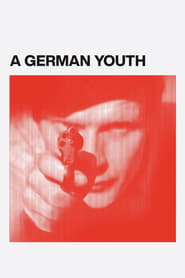 At the end of the 1960s...
At the end of the 1960s...A German Youth 2015
At the end of the 1960s the post-war generation began to revolt against their parents. This was a generation disillusioned by anti-communist capitalism and a state apparatus in which they believed they saw fascist tendencies. This generation included journalist Ulrike Meinhof, lawyer Horst Mahler, filmmaker Holger Meins as well as students Gudrun Ensslin and Andreas Baader.
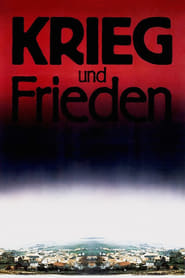 The third episodical film after Deutschland...
The third episodical film after Deutschland...Krieg und Frieden 1982
The third episodical film, after Deutschland im Herbst and Der Kandidat, in which notable German film makers reflect on the state of their country.
 Germany in Autumn does not have...
Germany in Autumn does not have...Germany in Autumn 1978
Germany in Autumn does not have a plot per se; it mixes documentary footage, along with standard movie scenes, to give the audience the mood of Germany during the late 1970s. The movie covers the two month time period during 1977 when a businessman was kidnapped, and later murdered, by the left-wing terrorists known as the RAF-Rote Armee Fraktion (Red Army Fraction). The businessman had been kidnapped in an effort to secure the release of the orginal leaders of the RAF, also known as the Baader-Meinhof gang. When the kidnapping effort and a plane hijacking effort failed, the three most prominent leaders of the RAF, Andreas Baader, Gudrun Ensslin, and Jan-Carl Raspe, all committed suicide in prison. It has become an article of faith within the left-wing community that these three were actually murdered by the state.
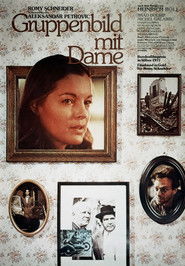 Leni Gruyetin a resident of Nazi...
Leni Gruyetin a resident of Nazi...Group Portrait with a Lady 1977
Leni Gruyetin, a resident of Nazi Germany, lives a tumultuous life as she bears witness to the fascist regime of the Nazis.
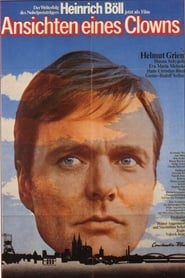 Based on the bestselling novel by...
Based on the bestselling novel by...The Clown 1976
Based on the best-selling novel by Nobel-laureate Heinrich Böll, this drama is a passionate indictment of Catholicism. Hans Schnier (Helmut Griem) has earned his living as a clown, though he is in fact a very covert sort of social critic. After enduring a difficult childhood in Bonn during the Second World War, including his mother's fanatic Nazism, he is appalled to discover many of the people he knows and loves swept deeply into involvement in the Catholic Church.
 The Indomitable Leni Peickert is a...
The Indomitable Leni Peickert is a...The Indomitable Leni Peickert 1970
The Indomitable Leni Peickert is a loose, half-hour sequel to Alexander Kluge's second feature film, Artists in the Big Top: Perplexed. This shorter work, seemingly assembled from leftover footage from the longer film, continues the story of the circus owner Leni Peickert after she first abandoned her idea of a radical circus in favor of a job in television. It opens where the previous film left off, at a TV station where Leni and her friends have gathered as employees, attempting to infiltrate the corporate establishment with their own revolutionary ideas. This radicalism is somewhat undercut by the way that Kluge deliberately shoots down the low-cut blouse of one of these young revolutionaries, the camera eyeing her cleavage and then panning down, to the text she's reading, and then back up again, finding her sexuality ultimately much more interesting than her radicalism.
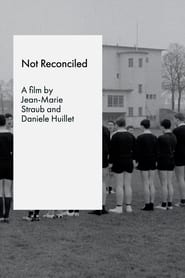 A story about the continuity and...
A story about the continuity and...Not Reconciled 1965
A story about the continuity and collapse of history, the power of suppression, and the terror of reconciliation; loyalty, treason and revenge. In a brave cinematic game, Heinrich Böll’s story Billiards at Half-Past Nine is split up into cracks, blocks, breaks and sudden turns, as the life story of a German family, covering numerous generations, is propelled forward.
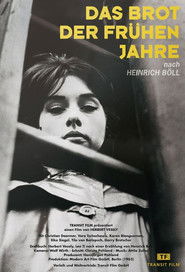 A young electrical engineer engaged to...
A young electrical engineer engaged to...The Bread of Those Early Years 1962
A young electrical engineer, engaged to his boss's daughter and on the way to a secure existence, breaks out of his usual life when he meets a childhood friend.
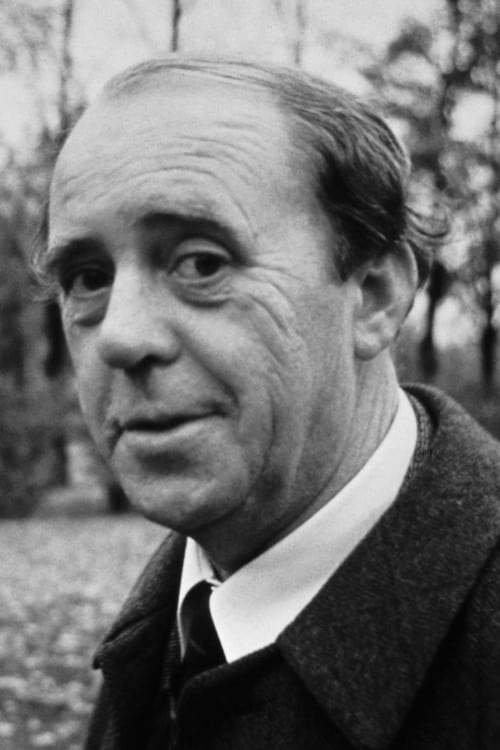
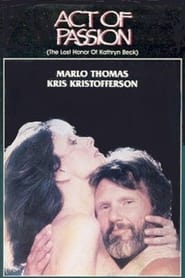 A shopkeeper is condemned by the...
A shopkeeper is condemned by the...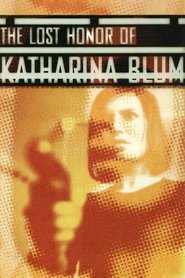 After a chance encounter with a...
After a chance encounter with a... An elderly lady has a trauma...
An elderly lady has a trauma...

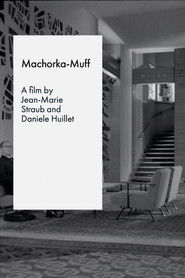 A satirical attack on West Germanys...
A satirical attack on West Germanys...